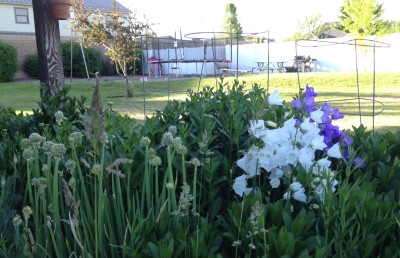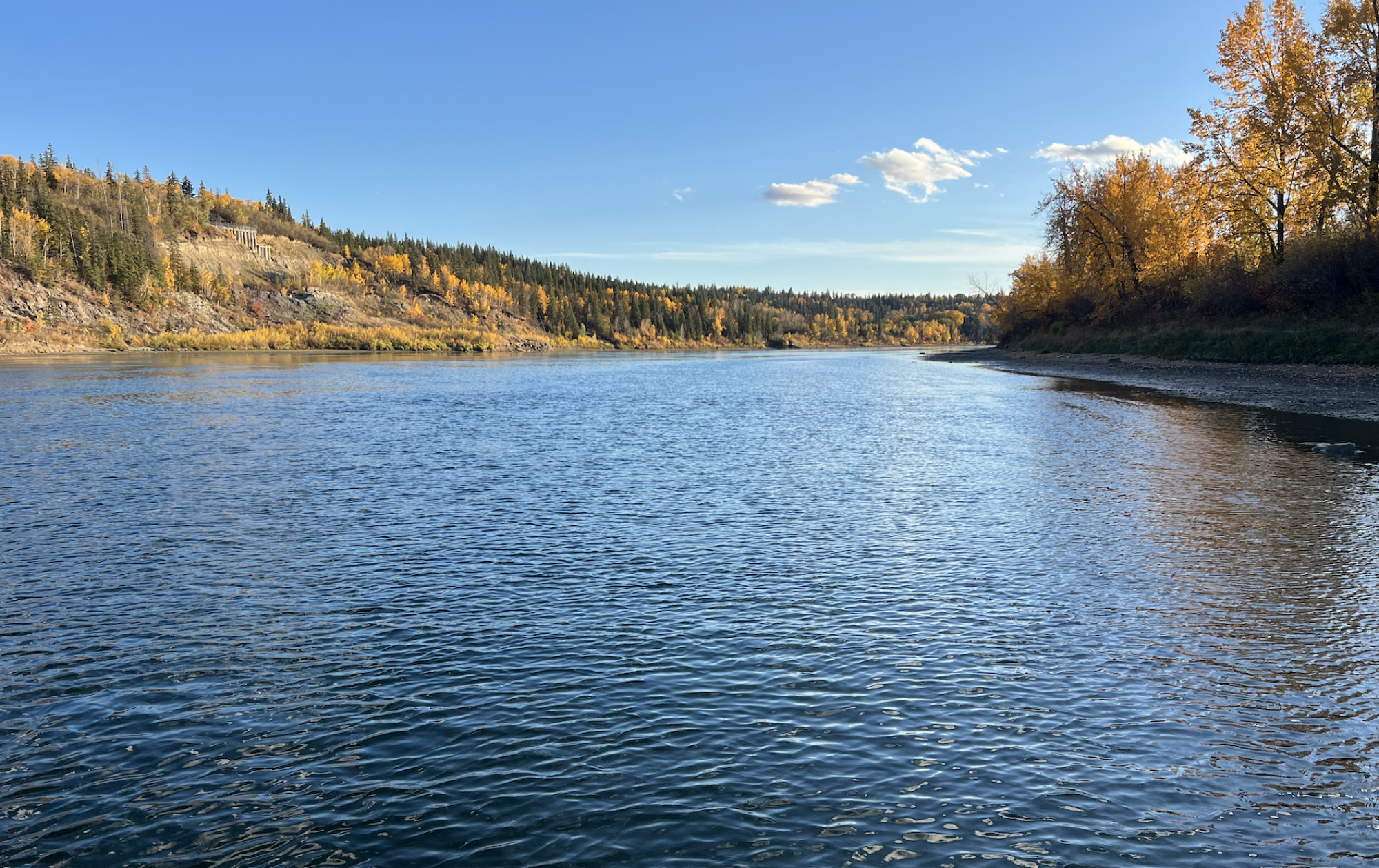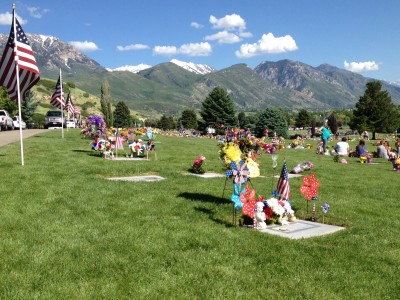
I just arrived to Utah, home, for a stretch of what will be 18 days. Greeted by these flowers growing in my garden, that had not blossomed when I last left, and tomato cages ready to be put to work. This period of time “at home” is noticeable to me for its duration. Eighteen days feels spacious and huge. Enough time to do laundry more than once! Enough time to spend an evening with friends.
I’m enough of a geek to want to remember the last time I was home for this kind of stretch. It was December 2015. I don’t know about the time before that. That was likely last summer.
I’ve written about home before. For example, in 2012, this reflection after being in my hometown of Edmonton, Alberta. And in 2015, this post on the geography of home. Today, however, my reflections are about this simple narrative.
For there to be home, there must be intimacy.
For there to be intimacy, there must be friendship.
For there to be friendship, there must be freedom.
I know, these are big categories of words — what does one mean by intimacy, friendship, and freedom, right?
The intimacy I’m speaking of here is a softness in the belly. To be willing or able to share with vulnerability. “I feel this way — wow, you feel that way; tell me more!” To feel a kind of trust that doesn’t arise from warnings or subtle fear-born threats. The intimacy here is a welcome to let go, and to be in quiet together.
For friendship, I’m talking about people that I laugh with. The friends I enjoy the most are the ones that I can be completely serious with, and, completely silly with. I enjoy them because there is a shared ability to turn quickly from one to the other, as needed. It’s as though somehow knowing that there is ability to be in the full range together makes enjoyment of one part that much more vibrant. Sometimes my friends and I are changing the world. Sometimes, we are just laughing at our follies.
The freedom that I’m speaking here is freedom to choose. Not into a manipulated or coerced choice that someone else is lobbying for (unless it is done with great silliness and humor of course). But real choice. Not demands that masquerade as choices. Real choices in which the the very act of choosing, the act of enacting a life through choices both explicitly and implicitly, are respected. Maybe not fully agreed to, but definitely respected.
I love the home that is a good bowl of a favorite soup. I love the home that is seeing the green beans that I planted ten days ago peaking through the ground. I love the home that is my dog laying in the doorway of whatever room I find myself sitting in. I love the home that knows me, welcomes me, that resonates with familiarity like the way my body fits in my bed.
And.
And maybe, just maybe, home is also the place where we are quite wholly and naturally friends, laughing and exploring and even crying a bit over the choices we make and how we are encountering our freedom to be.





